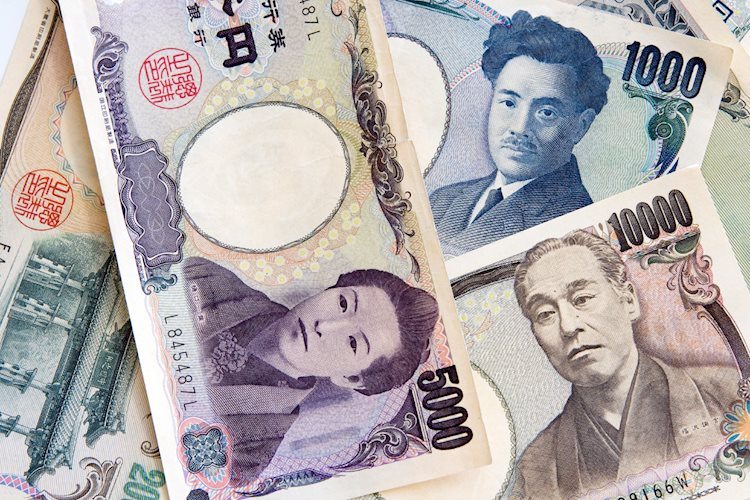
- Uncategorized
Yen rises ahead of BOJ, Fed decisions
Do you want to know how to make money from this?
Register for free and get expert advice, access to a training course and webinars.
Key points:
- The Japanese yen has shown high volatility, having experienced both significant appreciation and depreciation.
- The yen’s dynamics are significantly affected by the decisions of central banks (the Bank of Japan and the Federal Reserve).
- The Japanese government has expressed concern about the weakening yen and is considering intervention to stabilize the rate.
The yen rose on Monday, reversing an early slide, but sentiment remains fragile after the Japanese currency’s best weekly rally since late April after a slide in U.S. stocks spurred demand for safe-haven assets.
Traders now look ahead to policy decisions from the Bank of Japan and the Federal Reserve on Wednesday. Growing speculation the BOJ will hike interest rates this week has helped support the yen, with the Fed also expected to pave the way for a rate cut in September.
Traders await Bank of Japan decision
Speculation is mounting that the Bank of Japan may raise interest rates on Wednesday while significantly reducing its monthly purchases of government bonds. The BOJ’s intention to move to quantitative tightening was announced at its previous meeting last month.
In parallel, the Federal Reserve is expected to keep interest rates unchanged at this meeting, but could cut them by a quarter of a percentage point at its next meeting in September.
Christina Clifton, senior economist and chief currency strategist at the Commonwealth Bank of Australia, said the dollar/yen pair had been overvalued but was currently seeing strong momentum against it. The FOMC decision is a significant event and she believes the risks to the dollar and yen are asymmetric.
“Any hint of easing from the FOMC could be significant for USD/JPY, but a hawkish FOMC is unlikely to have much of an impact,” she added.
Statement by Japanese officials
The Japanese government and the Bank of Japan should take steps to stabilize the Japanese yen, which has been showing significant weakness lately. This was stated in a statement by the government’s Supreme Economic Council published on Monday.
The document expressed concern about the negative impact of the weakening yen on the country’s economy. In particular, it is noted that the depreciation of the national currency has led to an increase in the cost of energy and food imports, which, in turn, puts pressure on consumer spending.
The issue of a weak yen is likely to be one of the central topics of discussion at the upcoming two-day meeting of the Board of Governors of the Bank of Japan, which will end on Wednesday. During the meeting, the regulator will present a detailed plan to reduce its large-scale purchases of government bonds and discuss the advisability of raising interest rates.
Recall that in early July, the Japanese yen reached a 38-year low against the US dollar, reaching 161.96 yen per dollar. This meant a decrease in the national currency by 14% since the beginning of the year. The situation forced the Japanese authorities to intervene in the currency market to support the yen. The Japanese currency has now recovered to 154.09 yen per dollar.
Main currencies rates
The U.S. dollar index, which tracks the greenback against the yen, euro, pound and six other major currencies, fell 0.1% to 104.27.
The euro fell 0.06% against the Japanese yen to 166.76 yen. It was little changed against the dollar at $1.0858.
The euro held firm against the British pound at 84.35 pence, off a high of 84.48 pence on Friday, the highest since July 10.
The pound sterling rose 0.07% against the dollar to $1.2875.
Market participants see a roughly even chance of the Bank of England easing its first monetary policy move on Thursday.
Elsewhere in currency pairs, the Australian dollar rose 0.07% against the greenback to $0.6562, looking to recover from hitting its lowest since early May at $0.65105 on Friday.
Do you want to know
How to make money from the news
Register for free and get:
- Expert consultation;
- Access to the training course;
- Opportunity to participate in webinars

